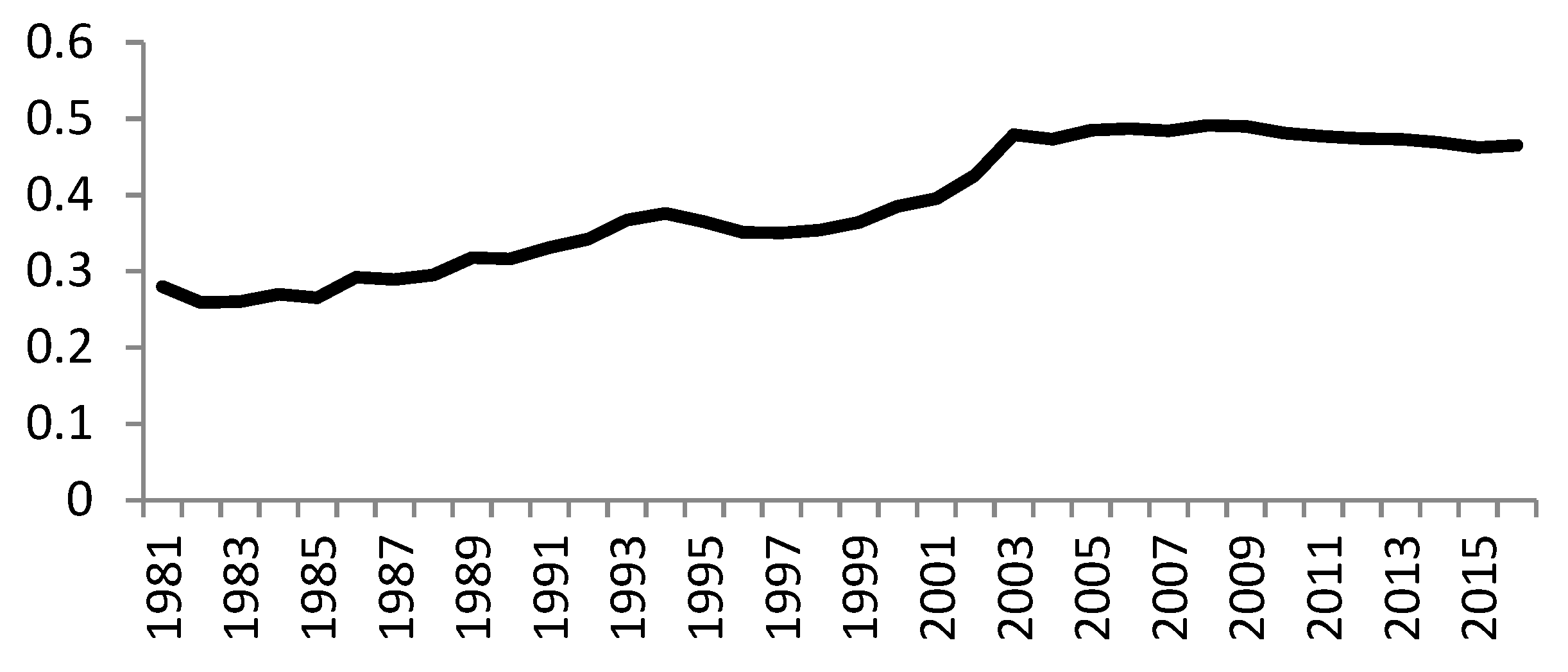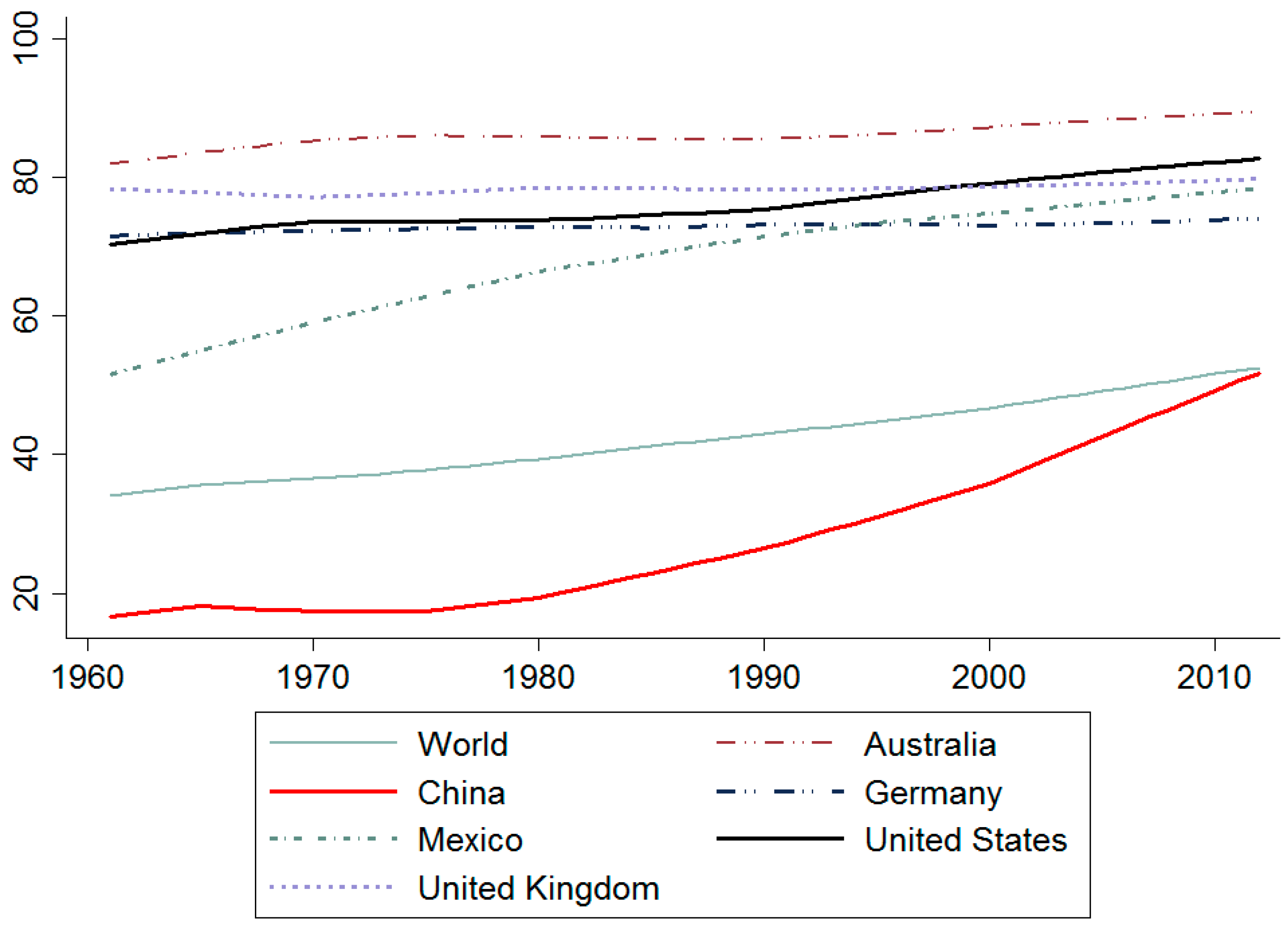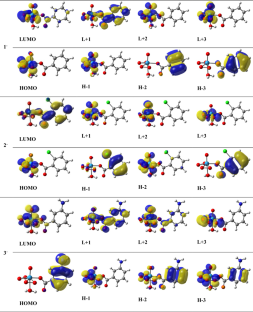
Correspondingly, ambiguous relationships between experience and risk perception were found for cumulative lifestyle-related risks. Thus, this cumulative type of risk experience might influence people's risk perception to a different degree than an acute risk experience. While each individual exposure may only provide limited vivid and concrete information about the negative health impact of the threat, this information accumulates over time. In contrast to these acute, massive exposures, risky lifestyle exposures, such as alcohol or tobacco consumption, only entail minimal immediate negative consequences which accumulate slowly over time and only become severe after years of exposure (Slovic, 2000 Spiegelhalter, 2012, 2016).

The experience of disasters such as fires, floods, or terrorist attacks entails a single, severe confrontation with a threat. Only a relatively small number of studies found either mixed, none, or even reversed experience–risk perception relationships (Halpern-Felsher et al., 2001 Shiloh, Güvenç, & Önkal, 2007 Viscusi & Zeckhauser, 2006). A positive experience–risk perception relationship was also found in other studies which examined natural events such as floods, earthquakes, tsunamis, and hurricanes (Bronfman, Cisternas, Repetto, Castañeda, & Guic, 2020 Keller, Siegrist, & Gutscher, 2006 Kung & Chen, 2012 Lindell & Hwang, 2008) and man-made disasters such as fires, explosions, traffic accidents, and terrorist attacks (Knuth et al., 2015 Koshiba & Ohtani, 2015), with small to large effect sizes ranging between d’s = 0.26–1.44. In line with this contention, Wachinger, Renn, Begg, and Kuhlicke ( 2013) summarized 35 studies on natural disasters and reported that people who experienced personal damage through a natural hazard had higher risk perceptions.

Such experiences can potentially provide victims with new, vivid, and more concrete information about the hazards, which should then lead to an increased risk perception (Perloff, 1983 Weinstein, 1989). Personal experience of hazards, whether they are natural (such as floods) or man-made (such as terrorist attacks), should have a marked impact on perceptions of risk. The findings emphasize that the experience–risk perception relationship depends on the target of the risk and the type of risk experience. It is argued that an increase in risk perception with more risk experience can be explained by the amount of available information about people's personal as well as other people's risk status. The results showed that personal experience with terrorism was related to increased personal and general risk perceptions, while personal experience with cumulative health risks was related to increased personal but not general risk perceptions. An online survey ( N = 571) was conducted to assess participants’ previous personal experience with acute and cumulative risks and their personal and general risk perceptions.

others) and for two different types of risk: acute risks (i.e., terrorist attacks) and cumulative health risks (i.e., alcohol consumption, tobacco consumption, and unhealthy eating) in two countries (Israel and Germany). The present study examined the relationship between risk experience and risk perceptions in relation to the target (risk to the self vs.


 0 kommentar(er)
0 kommentar(er)
